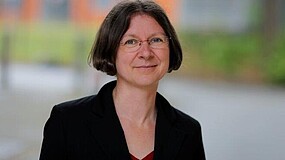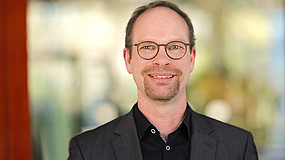The AlterPerimentale Praxisforschungsstelle Görlitz is intended to create an interdisciplinary space for thinking, learning and experimenting in order to enable older people to lead a self-determined life through technological support.

The official launch of the AlterPerimentale Praxisforschungsstelle Görlitz project on April 1 marked an important step in the development of socio-technical innovations in rural areas.
The aim of the project is to enable older people and their relatives to lead a self-determined life through technological support - directly on site, in a participatory and practical manner.
Under the leadership of Prof. Dr. Antje Petzold (HSZG/GAT Institute), Prof. Dr. Cordula Endter (KHSB Berlin) and Prof. Dr. Andreas Hoff (Director GAT Institute Görlitz), an interdisciplinary space for thinking, learning and experimenting is being created that links science, practice and society. The Praxisforschungsstelle sees itself not only as a technology-related advice center, but also as a place for exchange, reflection and co-design anchored in the social space.
Based in the city center of Görlitz and supplemented by mobile pop-up labs, the PFS brings digital innovations directly to the people - especially in rural regions of the district. The focus is on the needs of older people: in workshops, interviews and open events, citizens can experience technologies, critically question them and actively participate in their further development.
The project is part of a nationwide network of practical research centers dedicated to researching and designing sustainable social spaces. In Görlitz, the focus is on digitalization and technology in old age, while partner locations in Cottbus and Heinersdorf focus on other areas.
The launch of the PFS Görlitz provides an important impetus for innovation, participation and social justice in old age - a project that shows how research can be put into practice.
The Praxisforschungsstelle is part of the Transferinitiative AlterPerimentale(https://alterperimentale.de) and is funded as a T!Raum initiative by the Federal Ministry of Education and Research (BMBF).

